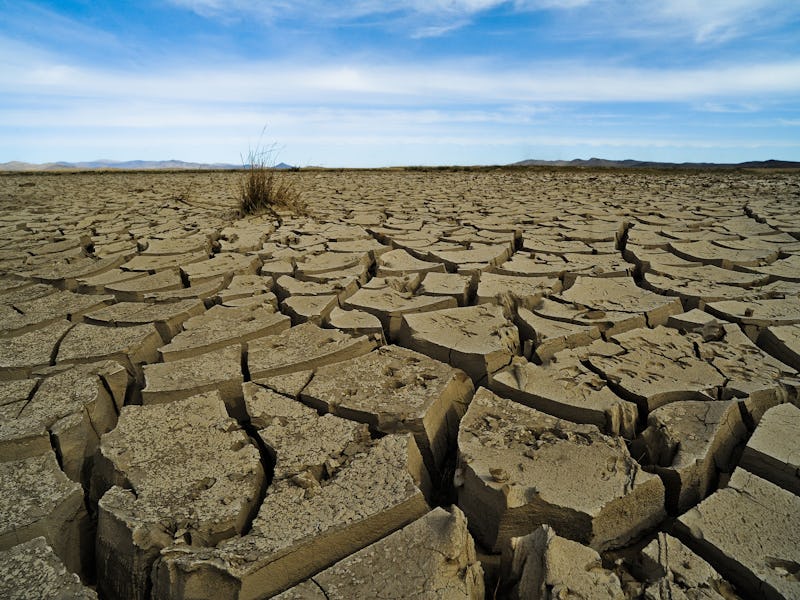How Psychotic Is It to Secretly Want the Apocalypse?
Ever-so-slightly welcoming civilization's end.

The end has always been nigh. Where we once saw lightning and volcanoes as doomsday omens, we’ve subbed in climate change, oil dependencies, nukes, and world leaders tweeting pictures of engraved lethal weapons. This panic! at the eschaton disco has always been overblown, but if the world were to end, I’ve got to admit there’s a tiny, black splinter in my brain stoked by the prospect.
Rationally, of course, the world’s end has a fantastic chance of being utter shit. Margaret Atwood, one of the best apocalypse thinkers around, paints the grim future well: We run out of supermarket food, eat the dog kibble, then we eat the dog. And those are the more pleasant bits.
Yet, irrationally, I find this scenario more than passingly romantic. I’ve noticed this for years, first with a formative run-in with the end times — an early read of Stephen King’s The Stand (sorry, Revelations!). Though King’s epic kicks off with how the doomsday sausage gets made, the emphasis is primarily on the fun post- bits. As it goes, King imagines pleasure in the end, too, as he outlines in an essay in his book Danse Macabre:
“No more gas shortages. That was sort of cheerful, in a horrible sort of way. … No more cold war. No more pollution. No more alligator handbags. No more crime. A season of rest.”
Perhaps, like me, you’re worried less about handbags and more focused on student loan debt, or maybe it’s a dirty bomb in Times Square, or it’s a Ted Cruz presidency. But just because the master of pop horror finds civilization’s collapse sexy, too, that’s not much psychological solace. With apologies to Mr. King, how fucked up am I to look forward to the end of days?
Scientists and psychologists have, in fact, attempted to find out why more or less normal people find the apocalypse appealing. Shmuel Lissek, a University of Minnesota neuroscientist and an expert on the mammalian fear response, told Scientific American in 2012 that when threats become predictable — such as repeated electric shocks — we relax. If the end is the biggest shock imaginable, there’s nothing left to worry about, simply because there’s nothing left.
Armageddon is, moreover, the ultimate problem-solver. A wrathful God doesn’t just purge Earth of its sinners but credit-card debt and dead-end jobs. For those of us who subscribe to a particularly theology that the end will come sans horsemen, trumpeting angels, or Yoda vanishing acts, the apocalypse is also something that — if we’re delusional enough to believe in our own exceptionalism — can be survived. The smug satisfaction of knowing you were right about catastrophic climate change is great, but base anarchist fantasies are better. The zombie apocalypse isn’t about things that eat brains. It’s that school’s out forever.
Where my fantasies break down is that I am neither a survivalist nor a prepper — I don’t have a garage full of sanitary wipes and count my staple remover among my deadliest possessions. Woefully underprepared and behind on my tetanus booster, I’d slice my finger on a tin of dog food and die.
But, like the part of me that ignores statistics beneath $2 of Powerball fantasy, it’s too easy to imagine beating the odds. And, hot damn, the apocalypse makes great narratives, particularly if you’re the hero.